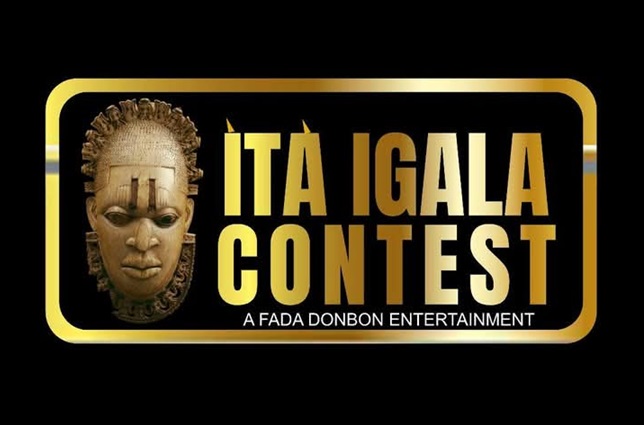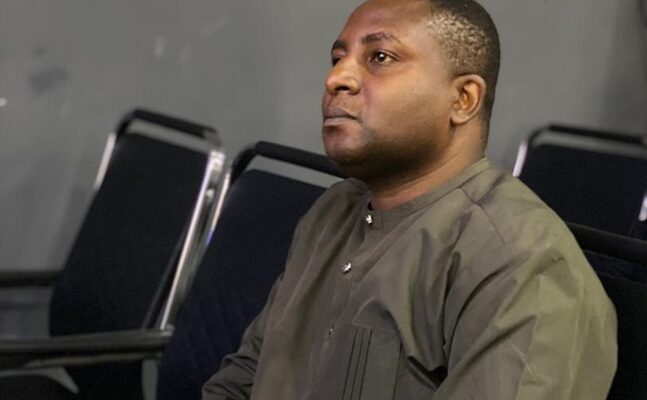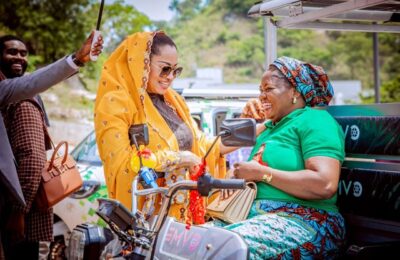Culture is the heartbeat of a people, the thread that weaves their identity and sustains their legacy across generations. When traditions are nurtured and protected, they become a source of pride, unity, and purpose.
It is with this conviction that we must examine the essence of the Ita Igala competition, a platform meant to celebrate and preserve the richness of our Igala heritage.
However, the just concluded edition has compelled us to reflect on the sanctity of this noble cause.
It was a commendable display of justice and equity that a deserving winner emerged victorious.
But, the event was marred by a significant oversight on the part of the organizers, who permitted the participation of a non-tribal contestant with ancestral ties outside the Igala lineage.
The Ita Igala competition, as its essence implies, is exclusively tailored for sons and daughters of Igala descent.

Its primary objective is to foster deeper familiarity with the intricacies of our dialect, particularly its idiomatic, proverbial, and figurative dimensions.
This sacred initiative serves as a platform for cultural preservation, nurturing a sense of pride and identity among our people.
This was not a national pageant, nor a pan-ethnic competition. The eligibility criterion should have been unequivocally clear: participants must be authentic descendants of the Igala heritage, regardless of whether they were born within or beyond the geographical confines of our land.
As a devoted admirer of Fada DonBon, I have consistently lauded his tireless dedication and unrelenting efforts in championing the preservation of our cultural legacy.
This critique is by no means an attempt to diminish his invaluable contributions.
Nevertheless, the oversight in this year’s edition of the Ita Igala competition warrants careful scrutiny.
How do we explain to future generations that an individual of Igbo ancestry not only contested but also triumphed in an event distinctly reserved for the Igala race?
This raises profound questions about the integrity of the competition and the cultural narrative it seeks to uphold.
The crux of the matter transcends the accolades and material rewards conferred upon the winner.
It lies in the potential implications for our cultural identity and the way our race will be perceived in posterity.
A race without culture is like a river without a source; a dialect devoid of its parables is a tree stripped of its roots. While it is true that the winner was born and bred in our land, his ancestral divergence should have sufficed as grounds for disqualification.
I harbor no personal grievances against the winner, nor do I bear any animosity toward him.
However, I am deeply unsettled by the notion that a competition explicitly designed for a particular ethnic group would permit the inclusion of a non-tribal contestant.
Can we genuinely take pride in presenting him as a representative across the breadth of Igala land?
How do we inspire our youth to take pride in their heritage when an outsider is allowed to overshadow them in a tribal competition?
For the sake of safeguarding the sanctity of our culture and ensuring the preservation of our tribal identity, I earnestly urge the organizers to strictly exclude non-tribal individuals from future editions of this event, regardless of their birthplace or familiarity with our traditions.
I eagerly anticipate the day when an Igala individual is afforded the same opportunity to participate in culturally exclusive competitions in Enugu, Anambra, or Ebonyi.
Until such a day, we must hold steadfastly to the integrity of our own traditions.
My submission is driven solely by a fervent desire to preserve the richness of our cultural heritage and not to disparage any individual or group.
– Oyigu Onuche Elijah.




